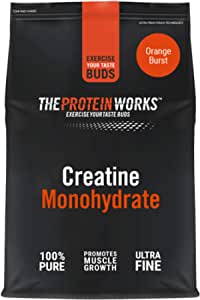
Creatine for seniors is it useful
So creatine is one of the most widely used fitness and health supplement. But how about creatine for seniors, is it useful? Is it safe?
There’s a good reason why creatine is so popular among strength athletes. It’s one of the few supplements that has been shown conclusively to improve performance in most users. And it has been researched extensively. For some reason, there are a lot of myths surrounding its safety, effects, and effectiveness.
So if you are interested in trying creatine, don’t skip this post. You will know more than most athletes about the substance after reading through it! So then, without further ado, let’s get cracking with the questions. I’ll start with more general ones and move into more specific topics as we go, so you will find the most important knowledge right in the beginning.
If you happen to have questions about creatine that aren’t answered here, feel free to ask them in the comments section at the end and I will find the answer for you! Medical questions need a doctor or pharmacists advice.
What Is Creatine ?
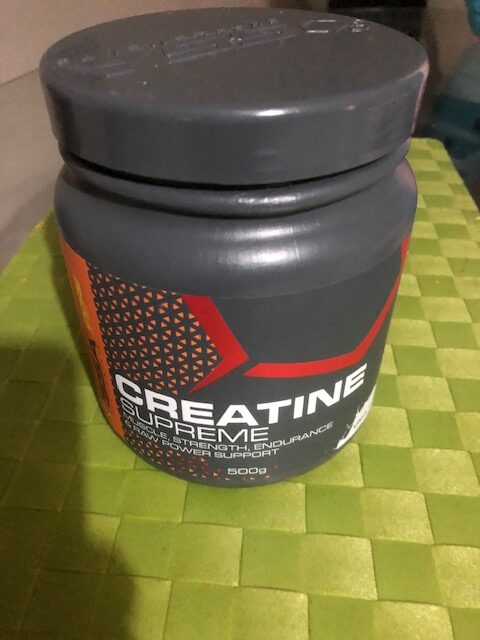
Creatine For Seniors. Creatine is a chemical compound that is found in our cells naturally. It’s similar to amino acids in structure and it’s formed from the amino acids arginine and glycine. In the human body, creatine is formed in the liver.
Creatine is stored in the body in the form of phosphocreatine. Phosphocreatine is used to make adenosine triphosphate or ATP. ATP is what is used for fuel when your muscle cells contract. When you supplement creatine, your phosphocreatine stores increase, directly affecting muscle function through increased ATP buffer.
What does creatine do?

Creatine For Seniors. Creatine is most commonly used for improving athletic performance. Since creatine increases the amount of phosphocreatine and ATP within the muscle cell, it provides benefits for high-intensity anaerobic physical performance like sprinting, throwing, and lifting weights.
Creatine doesn’t however provide any significant benefits to endurance so endurance athletes generally won’t benefit from using it in terms of athletic performance. However, the effects of creatine on performance are somewhat individual. Some people don’t really benefit at all but some people will get a significant boost in their anaerobic athletic performance. This seems to be especially true for older athletes, as our bodies ability to replenish creatine inside the muscle diminishes as we get older.
Creatine is not considered doping and its use is allowed in most sports and federations. Because creatine doesn’t have any significant side effects, it’s cheap and provides a benefit to most users it’s no surprise most professional athletes use it or at least have tried it.
Is Creatine Safe

Creatine For Seniors. Generally speaking yes. Creatine is very safe. This is because it’s a compound our body manufactures in large quantities and it’s also found in many food sources. If creatine was toxic or dangerous in typically consumed amounts, you would have to be very careful about eating red meat. In all fairness, red meat can have negative health effects but this is not due to creatine.
Since supplemental creatine can be eaten in much larger amounts than what you would typically ingest in your diet, the question is if creatine can be unhealthy in higher amounts? The data suggests there is no clear evidence of this.
That said, like with all supplements, there can be interactions with your medications or medical conditions, it’s very important to run it by your doctor before introducing a new supplement. They are the only people who can assess the safety of any supplement to you personally.
Creatine and kidney health
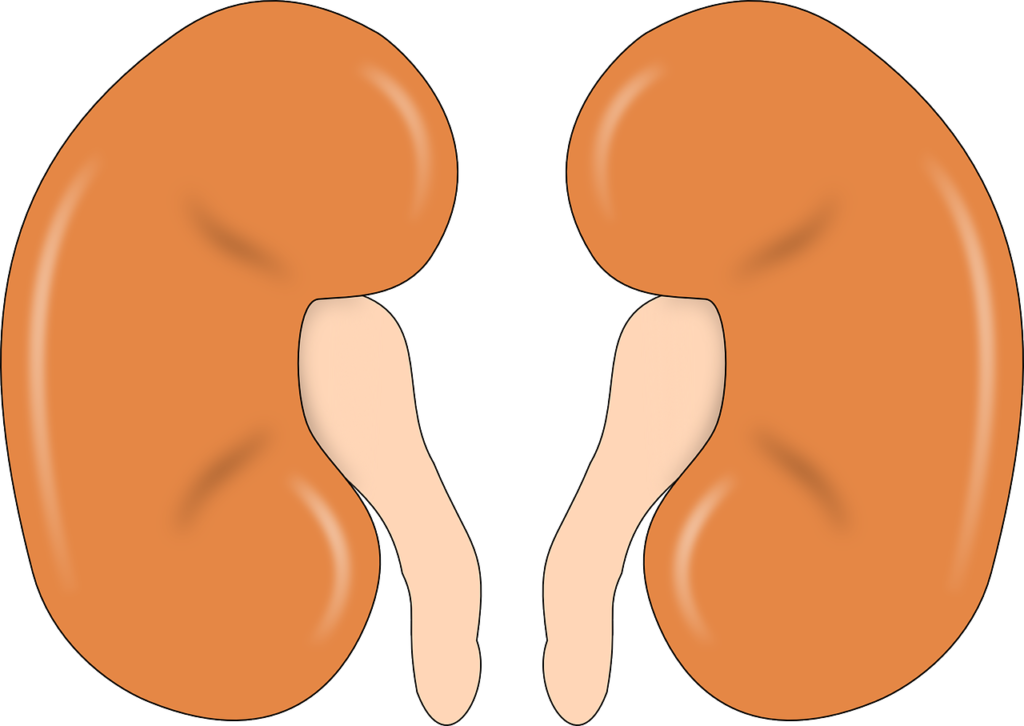
Creatine For Seniors. There is some data suggesting that people with kidney disease, or that are at risk of kidney disease, should limit their consumption of creatine. This is because excess creatine is dispelled through urine in the form of creatinine (note, not creatine).
Creatinine is used to assess renal function. Sometimes excess consumption of meat, supplementing creatine, or having high muscle mass can raise your creatinine levels over the recommended levels.
In these cases, the high creatinine levels are likely not due to renal failure. But it’s generally recommended to try and keep your creatinine levels within the recommended levels because this could mask a real issue.
Besides masking possible kidney issues, creatine can cause digestive and gastric issues in some people. You should always start with a small dose and increase it over time as gas, bloating and diarrhea are common side effects.
These are however not really dangerous, at least in healthy people. If you have gastric inflammation issues or any other bowel problems, always talk to your doctor before introducing creatine to your diet.
What are the dangers of creatine for seniors?

Creatine For Seniors, As I mentioned earlier, creatine is a relatively safe supplement. There are some side effects, interactions, and possible health effects you should be aware of.
The first and most important one is that if taken in very high doses creatine might cause damage to the liver, kidney, or heart. As far as I know, there are no long-term studies done on the possible effects of very high doses of supplemental creatine.
However, medical experts have raised concerns over the matter because the chemical and biological potential to cause harm to these organs is real. This is why you should never exceed the recommended daily dosage. And talk to your doctor before starting creatine, especially if you have any existing problems with kidney, liver or heart function.
Common side effects of creatine are not generally dangerous but can be uncomfortable. They include:
- Diarrhea
- Nausea
- Muscle cramping
- Dizziness
- Stomach pain
- Dehydration
- Weight gain (water weight)
- Water retention
- Fever
- Heat intolerance
Due to the cognitive effect, there is also some evidence that taking creatine can induce mania in people suffering from bipolar disorder.
Is Creatine For Seniors Safe With Drugs?

Creatine For Seniors. Like almost any supplement or food, creatine can have drug interactions. That’s why it’s always important to run it by your treating physician if you are using any pharmaceutical medications. And it’s also a good idea to mention it to your pharmacist.
They are the only professionals that can make sure if creatine use is safe with your medications and medical conditions. Here. some over-the-counter drugs and chemicals might interact with creatine increasing kidney stress and thus the risk of kidney damage. These drugs include at least:
- Nephrotoxic drugs like nonsteroidal anti-inflammatory drugs
- Caffeine and ephedra. Caffeine might decrease the effects of creatine. Combining ephedra to this mix can increase the risk of serious side effects like stroke.
What is the best creatine for seniors?

Creatine For Seniors. There are several different compounds of creatine sold as supplements. These include the industry-standard creatine monohydrate and several others like creatine citrate, creatine ethyl ester, creatine malate, and creatine pyruvate.
Even though they are different compounds, the effects are exactly the same. The body uses them to replenish phosphocreatine within the muscle cells and the brain. It seems that most of these compounds have been invented for marketing purposes. Furthermore, there are some differences in absorption and possible gastric side effects. But generally, creatine monohydrate is by far the cheapest, well-tolerated, and most researched compound. That’s why I recommend it. Even if its absorption rate is less than some of the more expensive ones, it’s dirt cheap so you can just take more.
Creatine benefits for muscle building

Creatine For Seniors. Here, creatine is very beneficial for muscle building. Several studies have shown the positive effects of creatine on improving lean body mass, strength, and power. This effect is also observed in older people.
Creatine increases muscle through several mechanisms. Firstly using creatine will increase the amount of phosphocreatine within the muscle cells as we talked about before. This increased phosphocreatine also increases the amount of fluid inside the cell, essentially pushing water inside the muscles. This can automatically increase your lean mass and make your muscles appear fuller.
Secondly, creatine allows you to perform more work and lift heavier weights while strength training. The overall workload and intensity of workouts over time is the key factor for muscle and strength increase from strength training. Creatine allows you to train more in the same span of time. Thus allowing greater adaptation in your muscle mass.
Creatine has also been shown to potentially increase IGF-1 (insulin-like growth factor) levels within the muscle cells after strength training. At least in young athletes. There is also some evidence that creatine can reduce the amount of muscle damage during strength training. Which could allow faster recovery and more muscle gain over time.
Is creatine a steroid

No, creatine is not a steroid. Steroids are biologically active compounds that have two functions: as components of cell membranes and as signaling molecules. Steroids have a broader meaning in biology and physiology. But in layman’s terms, steroids are the same thing as performance-enhancing drugs (PEDs). They affect hormonal signaling and typically increase protein synthesis, meaning they help build muscle and strength.
Typically steroids are chemicals that affect testosterone receptors with the intention of increasing protein synthesis and thus muscle mass and strength. They do this very effectively in most cases. People that take steroids can gain more muscle mass without training than normal people can even with training. This is why they are banned in most sports.
Creatine can improve physical performance in some exercises by up to 10 to 20%. But it’s nothing like steroids. Creatine helps you pump out a repetition or two more on a hard lifting set. But that’s it.
When you consider that creatine is essentially a buffer for muscle energy stores, just like the muscle glycogen you get from food, its function really doesn’t resemble that of steroids. So creatine isn not a steroid in a chemical, biological, or functional sense.
Does creatine benefit the brain?
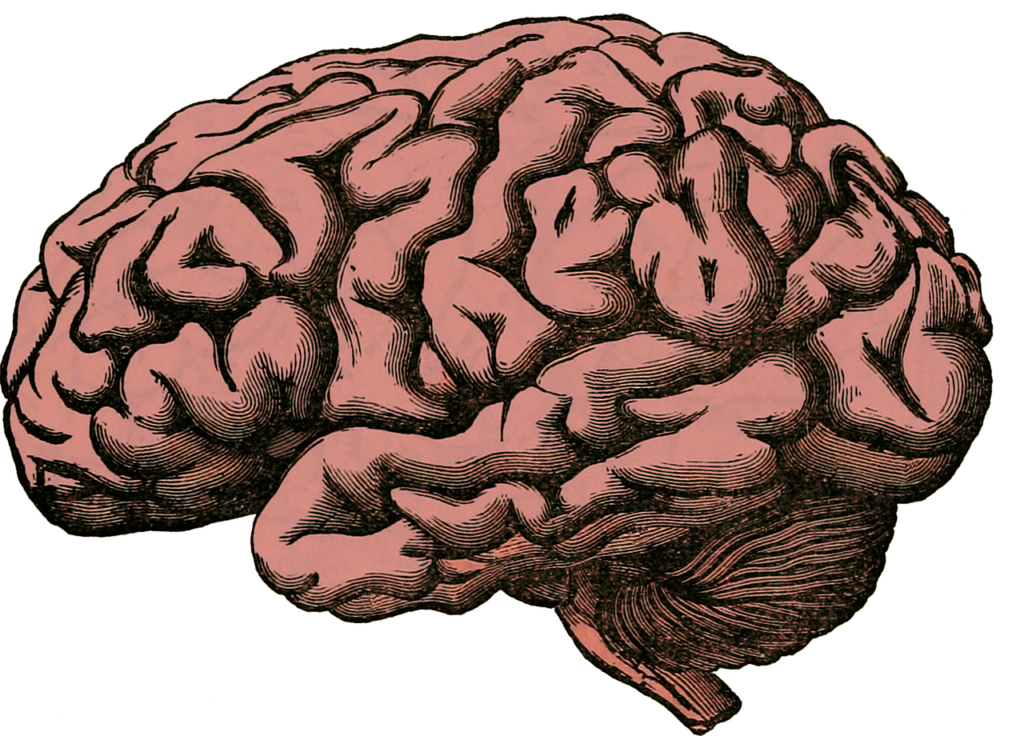
Yes. There is definitely some evidence that creatine can improve cognitive function. At least in some people.
Our brain cells use creatine and phosphocreatine just like our muscle cells. Supplementing with creatine can increase the available creatine in your brain. There is evidence that a lack of creatine levels is one of the reasons our cognition slows down and our memory becomes more scattered as we age. The same seems to happen with conditions like depression. There is evidence that creatine may work as an antidepressant or make other antidepressants more effective.
Does creatine prevent aging?

Creatine and anti-aging are a bit of a controversial topic. There is no scientific evidence that suggests creatine affects the actual aging process of cells. Not to say that is possible in cases where lack of cellular energy is causing accelerated aging.
Creatine can definitely help with two symptoms of aging. Muscular atrophy and cognitive decline. As we age our muscle mass, strength, and bone density decline. Aging can also cause a decline in cognitive function and this is partly due to reduced amounts of phosphocreatine in the brain.
This study concluded that creatine supplementation in older adults increases muscle mass, and enhances fatigue resistance, and muscle strength. It even improves daily performance when supplemented independently without exercise.
The effects are even more pronounced when combined with strength training. They also concluded that higher brain creatine improves cognition and that creatine supplementation has been shown to increase brain creatine and phosphocreatine.
Considering that creatine is not very expensive and safe supplement, it’s probably one of the best supplements for seniors looking to get back some of that youthful vigor. The benefits are substantial and may reduce the disease burden caused by loss of muscle mass and cognitive decline.
Creatine dosage for seniors
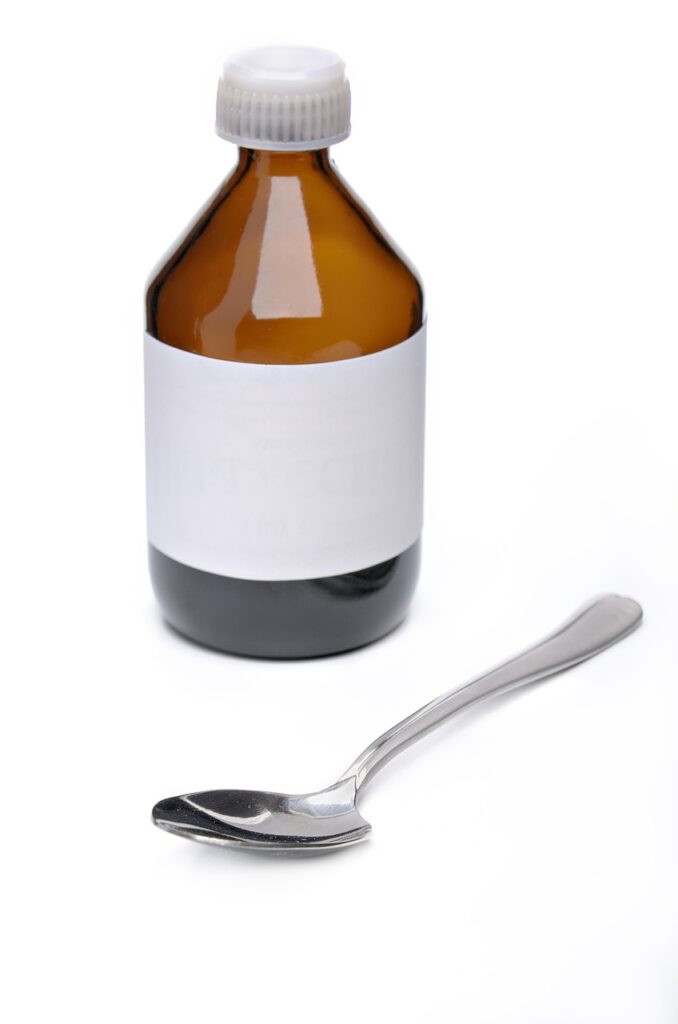
There is not a recommended dose for seniors. The general dose recommendation for athletes is to take four 5-gram doses for 5 to 7days and after that 3to5 gramsa day. In this scientific review they reviewed the scientific literature on the effects of creatine supplementation during strength training in older adults. The doses used in most studies were either 4 times5 grams for 5 days and 3 grams after that or just 5 grams a day. It seems that the same dosing can be used for seniors as for younger people. Beware that there is a higher chance of having silent renal dysfunction in older age. So discuss the possible dosing with your doctor just in case.
When to take creatine?

It doesn’t really matter at what time you take the creatine, especially in the loading phase where you take four doses every day. There is some evidence that creatine is best absorbed when taken with fast carbs, like sugar.
This is why you should probably take the creatine after a meal and maybe with sip of fruit juice for example. But in all honesty, it likely doesn’t matter at what time you take. I like to actually mix it with my after-workout protein shake.
Also beware that taking a high dose of creatine can upset you stomach and cause bloating and diarrhea. If you have a sensitive stomach, avoid taking creatine on an empty stomach. You can also try building up the dose over several days as well as splitting it daily.
Creatine and cholesterol
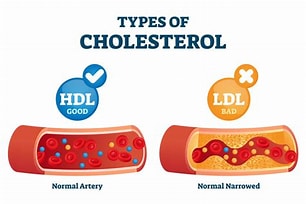
There is some evidence that creatine can actually improve cholesterol levels. So then, there are studies that show modest improvements of around 20% in cholesterol levels while there are several studies that conclude that cholesterol isn’t affected by creatine.
There definitely seems to be clear evidence that creatine will not affect your cholesterol negatively by increasing it. Also, if you supplement with creatine to improve your strength training results, you will likely see improvement in both cholesterol and blood glucose results. Especially if you combine your exercise routine with a healthy diet like the Mediterranean diet.
Is creatine useful for menopause?

This is inconclusive. There is some evidence that the effects of creatine are different in men and women. And that the cellular effects of creatine in women are partly controlled by a woman’s reproductive life, including pregnancy and menopause. Creatine supplementation may be beneficial for women under certain conditions, such as depression.
While creatine might not directly help with menopause symptoms like hot flashes, mood changes, and sleep problems, it can definitely help with the associated loss of muscle mass and bone strength. Especially if you combine it with strength training.
DONATE
Pensioner Fitness Awards
THE BUSINESS CONCEPT, BEST IN BUSINESS AWARDS
- “MOST INSPIRING SENIOR WELLNESS WEBSITE 2023“
THE GLOBAL HEALTH AND PHARMA, FITNESS AND NUTRITION AWARDS
2. “BEST SENIOR FITNESS AND NUTRITION SPECIALIST 2023“
THE MIDDLE EAST AND AFRICA BUSINESS AWARDS
3. “ MOST INCLUSIVE FITNESS PROVIDER 2023″
THE CORPORATE LIVE WIRE GLOBAL AWARDS 2023/2024
4. ” FITNESS ADVISORY PLATFORM OF THE YEAR“ 2023/2024
In Conclusion
I hope you found my Q&A on creatine for seniors beneficial. If you have any questions, please leave them in the comments section. I would be more than happy to answer them if I possibly can.
Creatine is a supplement with definite positive effects for both the body and the mind and it seems the benefits might be even more significant for people with reduced energy due to things like age or depression.
What makes creatine even greater is the fact that it’s safe and very affordable. It’s my go-to supplement and I recommend it to everyone, even if they are not interested in strength training. Run it by your doctor and give it a try. I bet you won’t regret it!
Important Note *
Remember that everyone is different, it is ultimately YOUR RESPONSIBILITY to find what your body responds to. So please do your due diligence before trying anything new, including getting Medical Advice to ensure your safety and peace of mind.
Connect with me and leave a comment